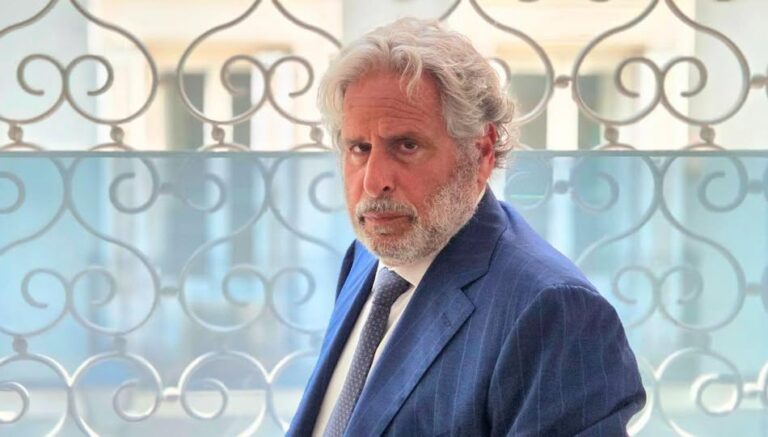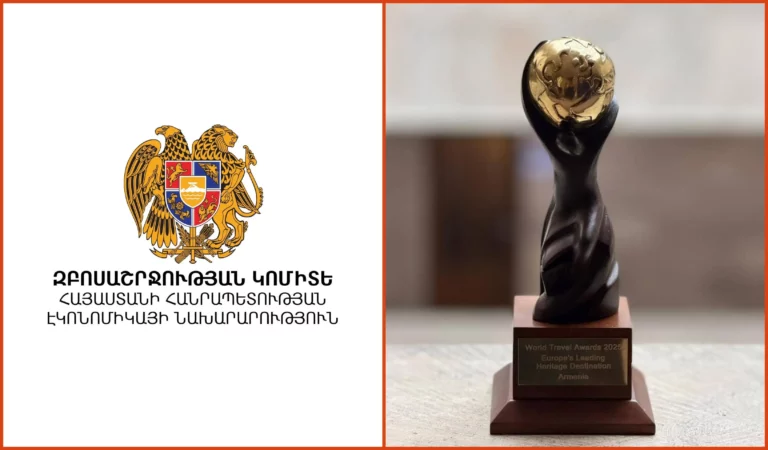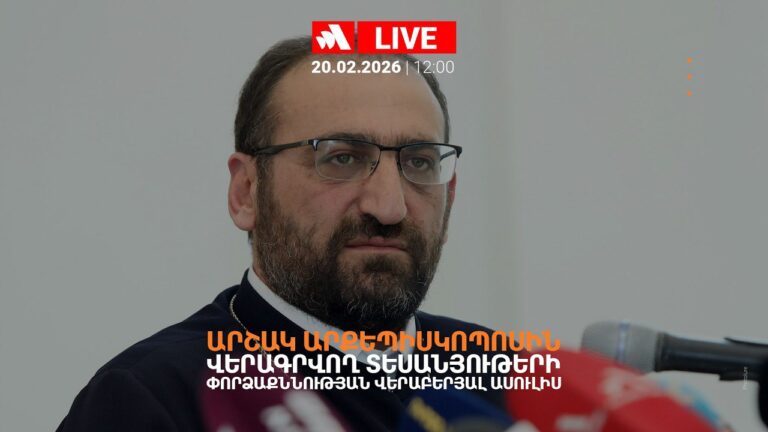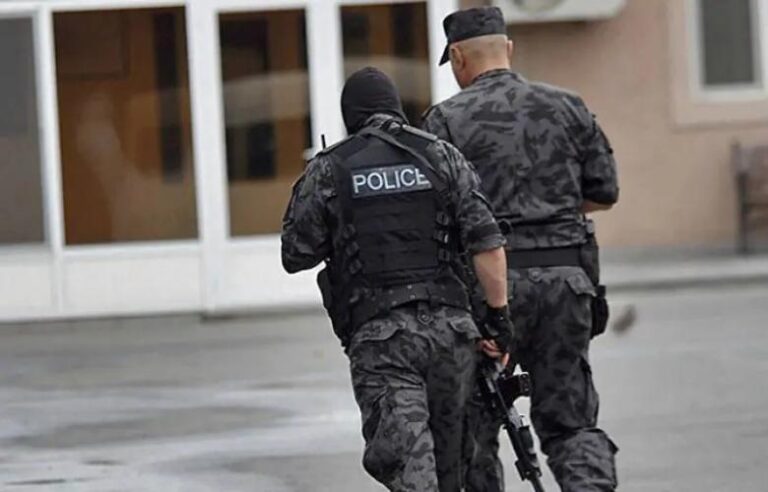Luis Moreno Ocampo’s report on genocide committed in Artsakh
December 19 2023, 13:30

This paper by Luis Moreno Ocampo complements his previous August 7, 2022, expert opinion, focusing on the genocide committed in Nagorno-Karabakh and the reasons to deny it.
Summary
December 2023 marks the 75th anniversary of the Genocide Convention’s adoption, exposing the consistent state parties’ position to deny the commission of genocide. Just in the last months of 2023, the UN Special Adviser on the Prevention of Genocide, Alice Wairimu Nderitu, alerted about six different situations where there is a risk of genocide against ethnic groups, including the Rohingya, the Nagorno-Karabakh people, the Tigray in Ethiopia, the Israelis and Palestinians, and the Masalit in Darfur, Sudan.
The Genocide Convention’s 75th anniversary provides an opportunity to move beyond empty “never again” promises. The University of Sao Paulo project “Innovation on Global Order” will conduct research and teach how to make operational the duties to prevent and punish genocide. This paper focuses on the Nagorno-Karabakh situation.
Since the blockade of the Lachin Corridor, state parties of the Genocide Convention involved in conversations with Azerbaijan, like the US, France, Germany, the UK, Israel, and Russia, ignored for different reasons the precise and available information about the serious risk of genocide for the Nagorno-Karabakh ethnic group. Instead, most wanted to facilitate an agreement between Armenia and Azerbaijan to avoid new hostilities and achieve particular economic and geopolitical national interests. Israel, for instance, benefited from substantial weapons sales to Azerbaijan. State parties of the Convention should not benefit from genocide.
Their obligation to prevent genocide requires to continue assessing President Aliyev’s genocidal intention to attack Armenia, ensure reparations for those who have lost their lives and their property in Nagorno-Karabakh, guarantee the rights of the ethnic group to return to their ancestral land safely, and to release the “Armenian prisoners.”
That is the most urgent aspect of genocide prevention, to end the risk of “serious bodily and mental harm” (Genocide Convention Article II b) to more than twenty victims of genocide, including three former Artsakh presidents and five other community leaders, incarcerated by Azerbaijan. Their captivity is part of the genocide and a message to their community: if you come back to Nagorno-Karabakh, you will be starved, incarcerated, or killed. They became hostages.
As a Nagorno-Karabakh’s leader, Artak Beglaryan was hunted by Azerbaijan forces before and after the September 19th attack. Still, unlike most of the others, he was able to escape in challenging circumstances despite his visual impairment. His testimony, attached, is evidence of the serious mental harm suffered by the entire ethnic group as established by the Genocide Convention Article II b).
On December 12, 2023, more than 100 global figures, including former heads of state, Nobel Prize laureates, and business and humanitarian leaders, demanded the immediate and unconditional release of the “Armenian Prisoners.”6 A recognition that genocide was committed will trigger the state parties’ obligations to prevent it and help to ensure their release.
Luis Moreno Ocampo’s paper analyzes:
a) the ethnic cleansing against a group of Armenians living for centuries in NagornoKarabakh constituting genocide and deportation as a crime against humanity,
b) regarding the prevention of genocide in Nagorno-Karabakh, the consistent state practice was to ignore the information about genocide against the targeted ethnic group.
c) regarding the obligation to punish genocide, state parties like France or the UK could promote a UN Security Council referral of the Nagorno-Karabakh situation to the International Criminal Court.
In any case, on February 1, 2024, the International Criminal Court will obtain jurisdiction to investigate President Aliyev for crimes committed in Armenia since May 10, 2021. In addition, the Prosecutor could invoke the Court precedent in the Bangladesh/Myanmar situation concerning the attacks against to open an investigation into the crime against humanity of deportation that started in Azerbaijan since the Lachin corridor blockade and continued in Armenia when more than 100,000 people crossed the international border.
Read more:







